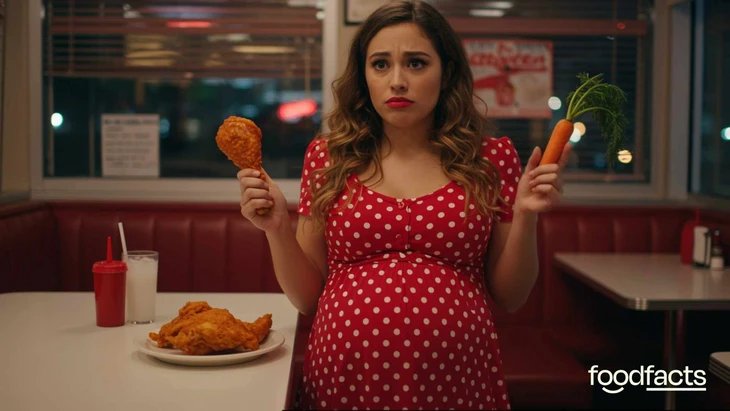
Controversial story about pregnancy-supporting diet published by The Sun newspaper - Photo: Foodfact
On October 25, 2025, The Sun (UK) published an article about a woman who had multiple miscarriages but then became pregnant with twins after switching from a vegetarian/vegan diet to a diet that prioritizes red meat and animal foods.
The article sees this as a turning point in her fertility journey and suggests a "carnivore" diet, or one rich in animal foods, played a key role.
However, Foodfacts.org said the article was based solely on emotional personal experience, without convincing evidence, and ignored many studies on the link between diet and fertility.
According to the site, current evidence suggests that a balanced, plant-based diet, such as the Mediterranean diet, is generally associated with better reproductive outcomes, while high consumption of red and processed meats may reduce fertility.
The meat diet does not aid fertility as rumored.
According to The Sun , after years of abstaining from meat but still unable to conceive, the woman switched to eating "high-quality animal protein, eggs, avocados and collagen-rich foods". She believes that "nutrients and healthy fats from meat" helped her conceive.
She said she had watched a video of a doctor advising against eating meat to conceive, but the article did not name the doctor or cite any research.
According to experts, the doctor in question is most likely Robert Kiltz, a social media personality known for promoting the keto-carnivore diet. However, he himself recently admitted that his all-meat diet “may not be on the right track” after experiencing health problems.
The article also cites an anti-vegan book and a video by an influencer who has been repeatedly warned by experts for spreading misinformation. These are not peer-reviewed scientific sources.
As a result, readers are left with a distorted picture, focusing on the “meat-eating-procreation” view and ignoring much of the available scientific evidence.
Reliable scientific research
A search on PubMed – the medical research database – yielded the exact opposite result: a slew of studies supporting a varied, plant-rich diet.
Specifically, scientific studies show that eating a lot of red meat or processed meat can reduce sperm and embryo quality; while a diet rich in plants, fish, whole grains, and unsaturated fats improves fertility.
Plant proteins such as beans, nuts, etc. are associated with increased fertility, especially soy and milk which do not reduce fertility as many speculate.
The carnivore diet has almost no scientific data because eliminating all vegetables, grains, and fruits is risky, so it is difficult to test it on women trying to conceive.
“If you are trying to conceive, it is important to take a daily folic acid supplement, eat a healthy diet and avoid alcohol. This will help your baby develop healthily,” says the NHS .
Doctors also recommend maintaining a healthy weight, monitoring vitamin D and iron levels, and avoiding crash or elimination diets during conception and pregnancy.
The impact of social media
Experts warn that articles like this can have a powerful impact when shared on social media or mass media, where emotions often overwhelm science.
Social media algorithms often prioritize attention-grabbing, confident, emotional, and repetitive content over accuracy, further fueling the spread of misinformation.
The Sun newspaper is said to have been selective in its reporting, ignoring scientific evidence. Foodfact has contacted the newspaper but has not received a response.
Experts note that if you want to change your diet to support fertility, you should consult a specialist instead of believing claims based on personal experience or advice on social networks, and be more vigilant with these types of articles.
Source: https://tuoitre.vn/xuat-hien-bai-bao-che-do-an-toan-thit-giup-de-thu-thai-khoa-hoc-noi-gi-20251114150326515.htm


![[Photo] Unique art of painting Tuong masks](https://vphoto.vietnam.vn/thumb/1200x675/vietnam/resource/IMAGE/2025/11/14/1763094089301_ndo_br_1-jpg.webp)




![[Photo] Unique architecture of the deepest metro station in France](https://vphoto.vietnam.vn/thumb/1200x675/vietnam/resource/IMAGE/2025/11/14/1763107592365_ga-sau-nhat-nuoc-phap-duy-1-6403-jpg.webp)
















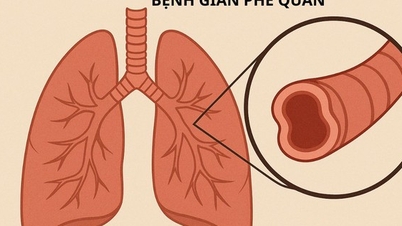
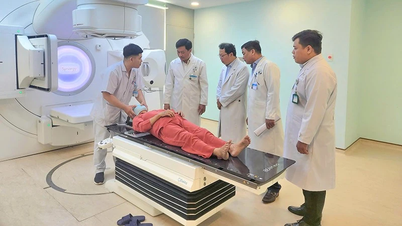

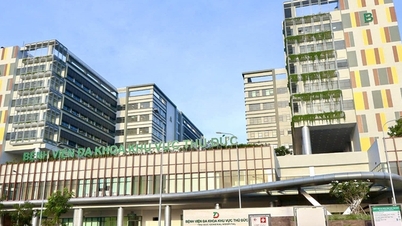











![[Photo] Special class in Tra Linh](https://vphoto.vietnam.vn/thumb/1200x675/vietnam/resource/IMAGE/2025/11/14/1763078485441_ndo_br_lop-hoc-7-jpg.webp)




















































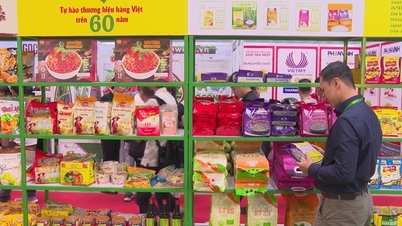
















Comment (0)